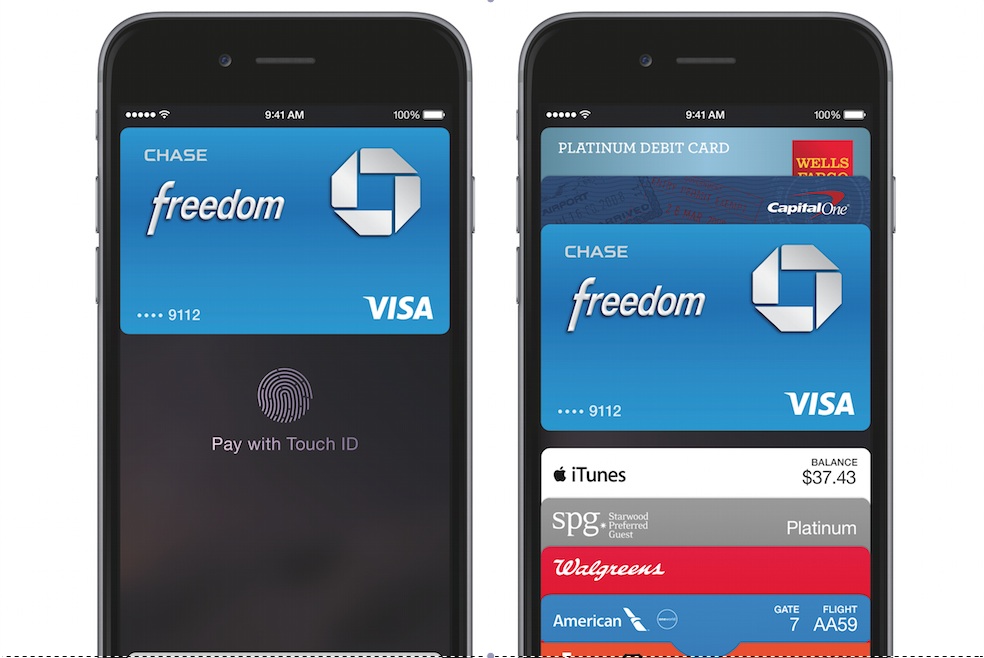As expected, Apple announced their new range of iPhones and a smart watch today with many digital trees being felled as the tech media falls over to describe all the shiny features of the new devices.
Buried in Apple’s announcements though are the company’s real long game in payments and the Internet of Things.
For the IoT, the various ‘kits’ Apple have announced in the last year — HomeKit, HealthKit and now CloudKit — are the serious plays in this space as they bundle together programs, devices and data streams across health and smarthome applications.
CloudKit moves Apple onto another level as it makes it easier for developers to build back end applications that tie into smart devices; even if someone isn’t using Apple equipment they still may find themselves firmly in the walled garden of Cuptertino.
The long awaiting release of Apple Pay leverages iTunes’ strength as a payment platform, bundling a secure chip into the new iPhone adds to the company’s pitch of being a trusted partner to merchants and payments processors.
What today’s announcements of new hardware, software and APIs indicate is Apple’s shoring up the perimeters of its walled garden.
For it’s competitors, this raises the ante; Google Wallet has nothing like the market penetration or customer acceptance that iTunes has and earlier this week Amazon effectively admitted the Fire smartphone has been a failure by slashing prices. Facebook has made promising noises about payments but still remains locked in an advertising driven business model.
While there’s no doubt the new iPhone will be a success, although the jury is out on the smart watch, Apple’s real game is in controlling a large part of the payments industry and the internet of things. Today’s announcements are a key step in that strategy.

Leave a Reply